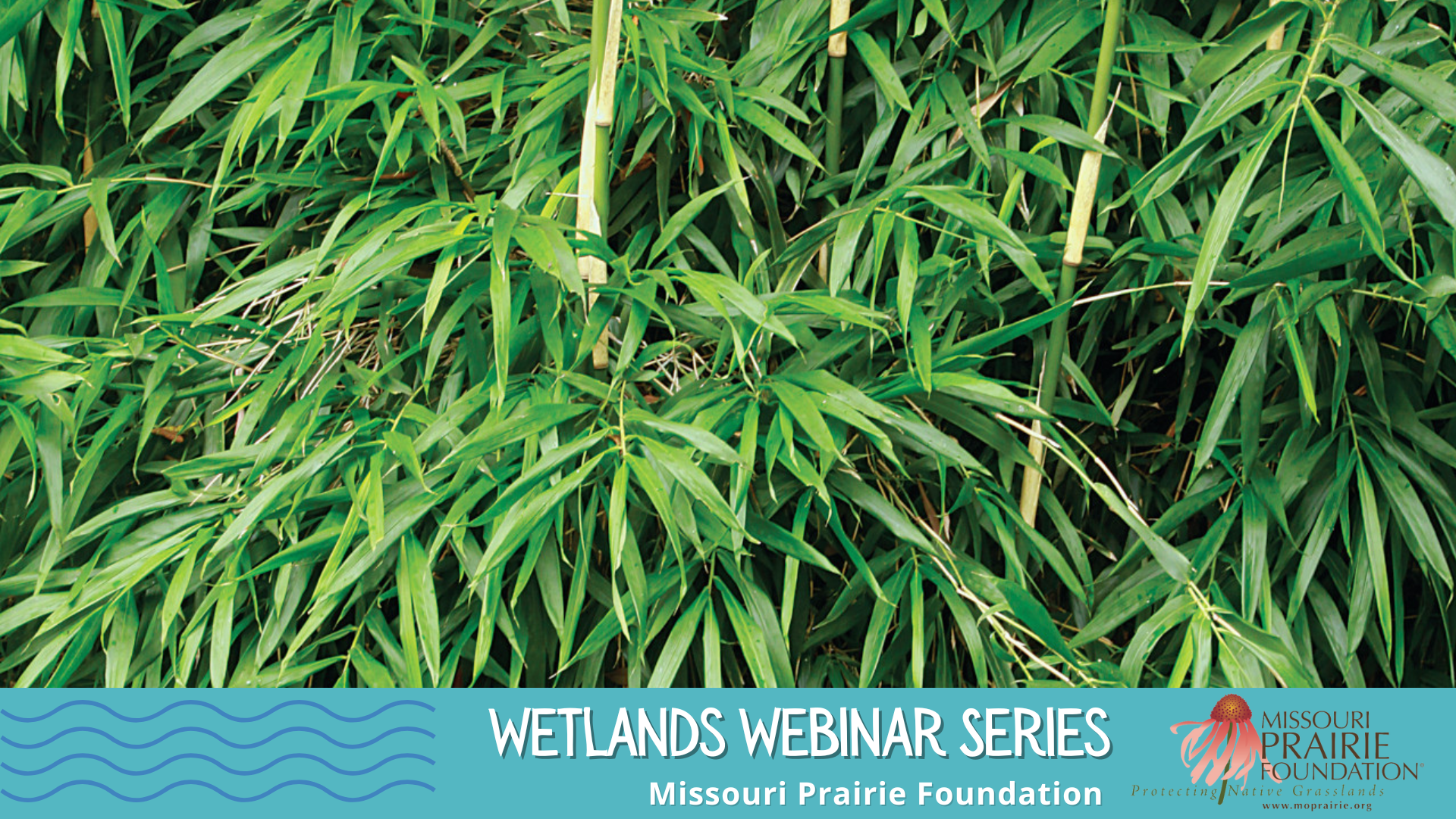
MPF Webinar: Wiski/Oski (River Cane): A Keystone Species in the Floodplain and in Chickasaw Culture

Update: This MPF Wetlands Webinar was originally scheduled for September 10, 2025. The new date of the webinar is January 28, 2026. Those who have already registered for this event will have their registration kept on file and receive updates in the new year as we get closer to the webinar date.
Join Kent H. Sanmann, Natural Resources Instructor with The College of the Muscogee Nation, for a webinar on the historical and contemporary importance of river cane to Native Americans, particularly the tribes in the Southeast. Hear about current restoration efforts within the Muscogee Nation to return river cane to its critical role as a keystone species in riparian areas, and how this native plant mitigates many of the water quality issues within the Nation. River cane’s potential for hydrocarbon remediation and carbon sequestration will be discussed, as well as conservation efforts presently underway to safeguard access to this all-star plant for indigenous cultural practices for many generations to come.
This free webinar, to be held via Zoom, will include a presentation and a live question-and-answer session. The webinar will be recorded, with a link to the recording sent to all registrants and posted to the MPF YouTube channel.
Register Here
Kent H. Sanmann’s distinguished career spans over three decades, offering a wealth of experience in Geographic Information Systems (GIS), environmental geography, urban planning, and traditional ecological knowledge. Kent holds an M.A. in Geography from the University of Oklahoma, specializing in GIS, cultural geography, environmental geography, and Native American geography. Additionally, he earned an M.A. in Teaching English as a Second Language from Oklahoma State University and a B.A. in Political Science from Southern Nazarene College. He has served as the GIS Analyst for the City of Moore, as an Assistant City Planner, and as the Field Director for the Project Old Soldier Crop Substitution Program in Burma. Additionally, Kent is an active researcher and presenter on topics such as traditional Native American agriculture, heirloom seed preservation, cultural geography, and talks such as this one on significant indigenous plants.
Photo of river cane (Arundinaria gigantea) by Mervin Wallace
